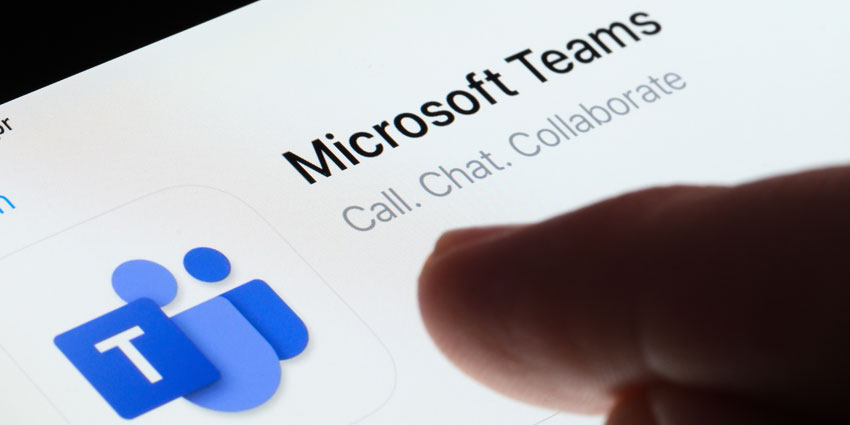Microsoft has certified the first solution under its new contact center and Microsoft Teams integration model.
The honor goes to the CentrePal Contact Center for Microsoft Teams.
Via the Unify framework, CentrePal integrates with the collaboration platform using Azure Communication Services (ACS), Microsoft’s CPaaS solution.
ACS provides the underbelly for Microsoft Teams, supporting its voice, chat, video, and AI APIs.
By integrating with Teams through Microsoft ACS, Centrepal establishes one shared communications layer that runs between CCaaS and UCaaS.
That will allow them to standardize interactions across the business, streamline billing, and reduce management burden.
Upon the launch of the Unify model, Tom Arbuthnot, Co-Founder of Empowering.Cloud, highlighted more prospective benefits. He told CX Today:
The tight and easier integration to Teams should bring some benefits, including better options for AI integration, but it also brings a new consumption-based cost model for the ACS service usage.
While Centrepal may be first to gain certification, seven other contact center providers are completing the process for similar solutions.
These vendors are: AnywhereNow, AudioCodes, ComputerTalk, Enghouse Interactive, IP Dynamics, Landis Technologies, and Luware.
Additionally, the Microsoft Dynamics 365 Contact Center, the tech giant’s own CCaaS solution, also integrates with Teams through the Unify model. Microsoft just hasn’t certified itself yet.
Is a “Unify” Microsoft Teams Contact Center Always Best?
Unify is the third model Microsoft has released for integrating Teams with contact centers.
It wipes the need for SIP and Calling plans, which the older Extend and Connect models necessitate.
Moreover, Unify doesn’t limit deployments to the Teams UI. It allows providers to establish a dedicated interface for formal agents with rich agent controls, native AI tools, and embedded third-party apps. Meanwhile, external SMEs and informal agents can converse with customers directly through Teams.
However, this doesn’t necessarily mean that a Unify solution, like CentrePal Contact Center for Microsoft Teams, is always the best option.
Connect or Extend might still make sense if a company only partially uses Teams or isn’t ready for deep integration.
That said, if the organization is heavily invested in Teams, Unify offers tighter integration, better user experience, and long-term benefits.
Organizations considering a Unify contact center may wish to consider Centrepal and any of the other seven vendors currently undergoing certification. After all, that’s a good sign of who’s closely aligned with Microsoft and in it for the long haul.
How to Choose a “Unify” Contact Center Integration
Soon, many more Unify Contact Center integrations will receive certifications. That begs a question for enterprises: How can we select the best solution for us?
While this is much like selecting any other “type” of CCaaS solution, there are several other considerations that jump out when it comes to choosing a Microsoft Teams Contact Center.
For instance, buyers must consider: can this provider meet all my regulatory requirements? What’s the cost model? Will their roadmap align with my anticipated needs?
Another question coming to the fore is: Can this provider be both a vendor and an implementation partner?
Many vendors will pull in service providers to lead the support. However, customers, especially those with Microsoft Teams Contact Centers, typically prefer one partner to handle everything.
After all, businesses that opt for this type of contact center solution may not have the largest agent population, but they’re often spread across many teams in complex structures. Education is the classic example. One provider can stay on top of that, delivering quality and consistency.







